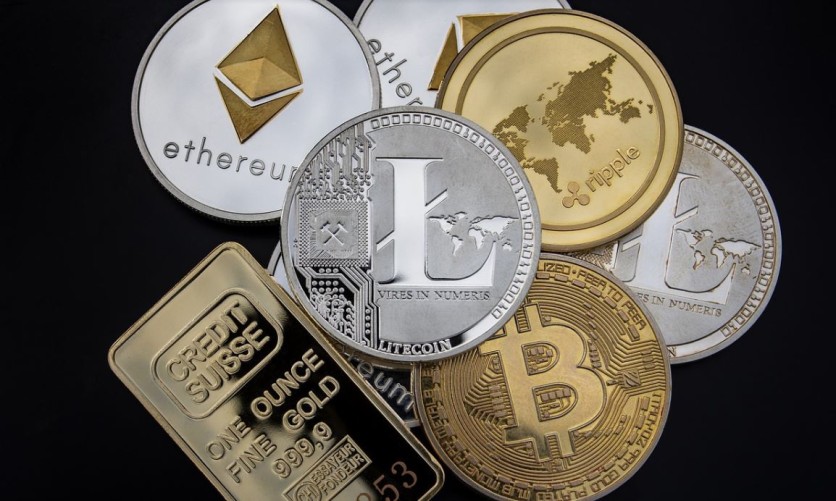
Cryptocurrency has blossomed over the last ten years, but in less than half that time, they have also announced themselves as viable alternatives to payment processes we have today. Faster, less expensive, and indeed global, it is no wonder the likes of Bitcoin is changing the face of how we send money.
Banks may be slow on the uptake, but there is an arms race brewing between the original fintech companies, payment providers. PayPal, Skrill, Square and a host of others are now looking to integrate cryptocurrency to provide a better offering, but also to boost the use and adoption of this new technology.
Why are cryptocurrencies on payment companies' radar?
Although Bitcoin has come a long way in 10 years, cryptocurrencies are still considered pretty niche. However, their impact and influence are growing notably. For this reason, it is not entirely surprising to see that traditional payment companies have started taking notes.
In the early days, these payment processing companies were also seen as quite niche and new - considered the leading running fintech companies. Now, there is a system that offers a bevy of new advantages in the space of digital transactions.
Bitcoin has shown it is one of the most effective ways to move money across the globe. Its decentralized nature makes it borderless and not subject to intermediary costs or regulations, which add time to transacting; major pain points for users looking to send money overseas.
With this new system coming into the mainstream, the pioneering fintech companies have had to make a choice; ignore, adapt, or integrate. For the most part, these payment processors have worked to be a part of the cryptocurrency revolution that is taking off.
They are starting to understand their own limitations, and in a move to stay current and relevant, the pressure is on them to somehow include, or work with, cryptocurrencies.
Driving adoption
The subsidiary benefit of this arms race between payment companies is that the technology gets a boost in terms of adoption as the integration by the payment processors allows users to seamless transfer over to the new way of doing things.
Additionally, it is allowing those who are already part of the cryptocurrency space to use their coins more traditionally as these companies become a bridge between fiat and crypto.
Revolut has a form of crypto exchange; Square does cryptocurrency trading too, but a prime example is Skrill. By integrating their Bitcoin (and 8 other cryptocurrencies) buying and selling services, a massive base of people looking for alternative payment solutions separate from banks are exposed to the major cryptocurrency. Users are able to simply by crypto, sell it, and use it in a simple fiat to crypto gateway.
On a more macro level, Skrill is also part of a billion-dollar multinational payments group called PaySafe. This is how Coinbase managed to launch its cryptocurrency debit card.
A big statement was also made by PayPal when the company announced in June it would be joining Facebooks's Libra cryptocurrency project. PayPal could see that this new wave of technology was something to latch on to, and despite leaving the Libra Association recently, the sentiment was clear and obvious from this major payment processor.
It must be remembered that Bitcoin, as the head of the cryptocurrency ecosystem, has reached its position with no marketing, no CEOs, no headquarters, or any usual business developments. The technology is good enough to get it where it has got to now. However, the next step in its adoption is a drive to integrate it into familiar services.
The more that companies can bridge the gap between crypto and fiat, the better they will do down the line, and the faster the technology will be adopted.
ⓒ 2025 TECHTIMES.com All rights reserved. Do not reproduce without permission.




